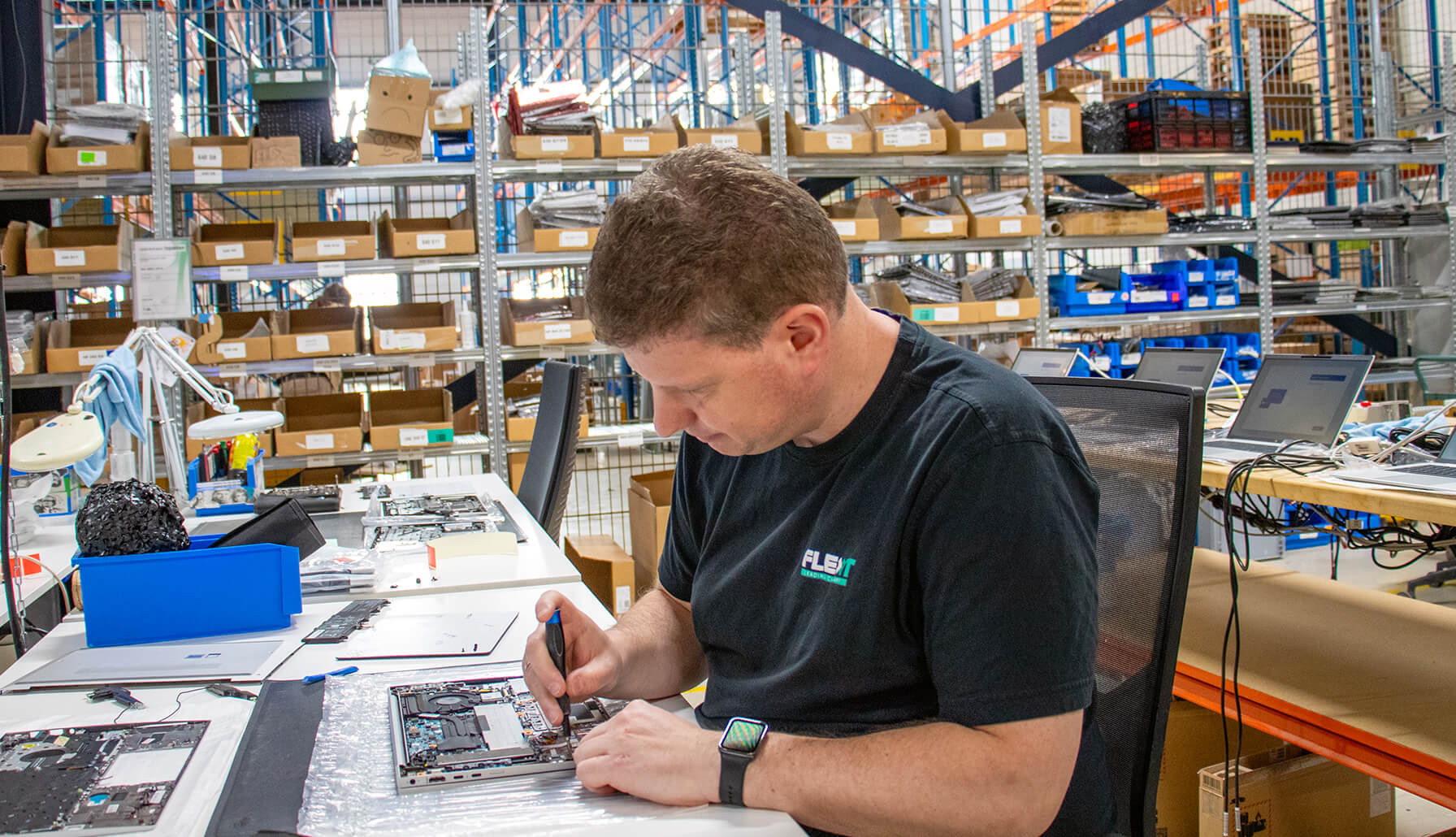European Commission expands Right to Repair legislation
European Commission expands Right to Repair legislation
The European Commission has proposed to expand the right to repair for consumers to make it easier and cheaper to repair goods, even beyond the legal guarantee period. Brussels anticipates that the expansion will help with decreasing the amount of waste and the use of new raw materials.
If it were up to Brussels, manufacturers would be required to offer repair options five to ten years after purchase, and should choose repair over offering new products, if it is cheaper within the warranty period. As a result, repairs of goods should become easier and cheaper, whereas the Commission also supports the implementation of a quality test for repairers, as well as an online platform where repairers and repaired items can be found. Consumers should also be able to request a European repair information form from any repairer, making repair conditions and prices more transparent. Finally, the Commission foresees the introduction of a European quality standard for repair services.
Proposal to make ‘Make and Throw Away Model’ obsolete
Brussels hopes the plan will contribute to the reduction of the amount of waste and the use of new raw materials and, as a result, will help to reduce greenhouse gas emissions. In the European Union, every year 35 million tons of discarded products are ending up as trash. “We must get rid of the ‘make and throw away’ model that is so damaging to our planet,” said Euro commissioner Frans Timmermans.’ The ‘Right to Repair Plan’ is part of the Green Deal and a broader package of measures to make products more sustainable. In addition to the Right to Repair directive, the Commission also launched a proposal to prevent greenwashing and came up with an earlier proposal that would require producers to design their goods to be easier to repair. Those requirements will be incorporated into the already existing Ecodesign Directive. Digital product passports have also been introduced, showing how economical and easy something is to repair. Based on that information, consumers are able to make more sustainable choices. The proposal against greenwashing should also help with this.

The ‘Right to Repair Plan’ is part of the Green Deal and a broader package of measures to make products more sustainable
More information needed about self-repair options
The proposal aims to reduce waste and increase repairs over replacement, but whether these goals will be achieved remains unclear. Experts suggest that more information about self-repair options and the availability of replacement products is necessary to support these proposals. Additionally, the University of Delft (TU Delft) proposed displays in devices showing consumers what is wrong with their products when they break down, in order to make it easier for people to self-repair. TU Delft’ research also shows that people tend to replace their devices too quickly. According to Ruth Mugge, professor of Sustainable Consumer Behavior, this is because consumers often underestimate the lifespan of products. Mugge calls Brussels’ proposal a positive first step, but wonders if it will achieve its goals – more repair, less new products. “The proposal doesn’t refer to the costs and duration of repairs. Therefore, for consumers it is not clear if repairs are more attractive than replacement or buying something new. This is a missed opportunity”.
Monopoly on repair hinders fair competition
The proposal has also been criticized by Rreuse, an international network for social enterprises in the circular economy. This organization argues that the repair law needs a repair itself, because the affordability of products will not improve. Rreuse states the plan is not ambitious enough and does not fundamentally change anything about “the increasing monopoly on repair by manufacturers”. The organization believes this monopoly hinders fair competition with independent repairers and social enterprises operating in renovation. Moreover, the Right to Repair Europe comments that a right to repair beyond the legal guarantee period will only be the case for too small a number of consumers. She also stresses that the Commission’s proposal doesn’t clarify whether a repair is more affordable than a replacement.

A University of Delft (TU Delft) research shows that people tend to replace their devices too quickly, a result of underestimating the lifespan of products
A step in the right direction
The European Refurbishment Association (EUREFAS), of which Flex IT recently became a member, welcomes the Commission’s proposal promoting the repair of goods. EUREFAS is the association representing the refurbishment industry in Europe, to promote the circular economy and help building a greener world. In order to encourage sustainable choices for consumer electronics, EUREFAS stresses that consumer legislation needs to not only recognize, but also promote refurbishment and repair to foster more consumer trust. “The proposal of the Commission is a step in the right direction, as it will allow consumers to have more confidence in the repair sector, and nudge them to make more sustainable choices”.
The European Commission’s proposal has yet to be approved by the European Parliament and member states.







